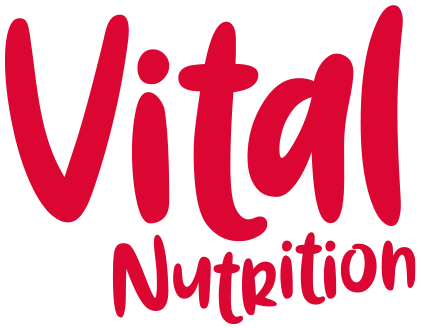How do you cook yours?
Of course, the food that we choose to eat matters to our health, but so does how you choose to cook it.
When we make our favourite meals, not only are we creating something tasty, but we are using food science in our kitchen to make that food more digestible and nutrients easier to absorbed.
Whether you choose to steam, air fry, roast, boil or grill will affect the nutritional content of your food.
Some nutrients are affected by heat and cooking methods more than others: For example:
Water soluble vitamins - B vitamins and vitamin C
Fats including essential fatty acids omega 3 and omega 6, and fat solule nutrients A, D, E and K
Minerals alike sodium, potassium, calcium and magnesium
Steam, boil or microwave?
Vegetables are good for you, but you can optimise the content and availability of the nutrients in your veggies by your choice of cooking method. When we put vegetables in water and boil them, they can lose their vitamin C content unless you consume the water, they have been boiled in.
By comparison steaming preserves the water-soluble nutrient content of vegetables, so it is a better choice. Try it as a method for cooking your new potatoes too – they are a good source of vitamin C, so make the most of it by steaming your spuds rather than boiling.
Using your microwave to cook vegetables also seems to have benefits. Thanks to the short cooking time and small amount of water required, microwaving is a good way to preserve nutrients.
When cooking fish, steaming or poaching is a lovely way to cook as it preserves most of the healthy fats of omega 3 rich oily fish like salmon when compared to frying or microwaving. Try poaching in coconut milk with some herbs like lemongrass, garlic and ginger. Add any vegetables you like and add a squeeze of lemon juice to serve.
B vitamins are heat sensitive too and it is estimated that up to 60% of some B vitamins may be lost when meat is simmered and its juices run off.
Grills and barbecues
Grilled food tastes so good and it this time of year, most of us are striking up the BBQ at any hint of sunshine we get.
This method of cooking can reduce the B vitamin content of food, but it seems that the biggest impact on our health is the formation of polycyclic aromatic hydrocarbons (PAHs) that are formed when meat is chargrilled or cooked at very high temperatures. PAHs have been associated with an increased risk of cancer. To minimise the formation of PAHs in your grilled food, keep an eye on your food, don’t let it burn and remove the drippings to minimise smoke formation. This was found to recue PAHs by 41–89%.
Roasting, baking and air-frying
All of these methods use dry heat, so loss of water-soluble vitamins is minimised. When it comes to your Sunday roast, the long, slow cooking process can reduce B vitamin content by around 40%.
Some studies suggest that roasting vegetables can improve the bioavailability of some of the antioxidants they contain.
Stir-fries
Quick and snappy mid week stir fries are a great way to cook. The short cooking time preserves the vitamin C and B vitamin content for your food and the addition of oil can help optimise the absorption of fat soluble vitamins.
What about the pots and pans you choose to use?
There has been much written about the effect of non-stick pans on our health. The risk comes when these non-stick pans are heated to very high temperatures, or when the surface has been damaged, allowing the release of potentially harmful chemicals into our food.
For this reason consumers are looking for alternatives.
Here are some of my recommendations:
Glass baking trays
Ceramic pans, including non-toxic non-stick pans
Stainless steel
Cast iron

